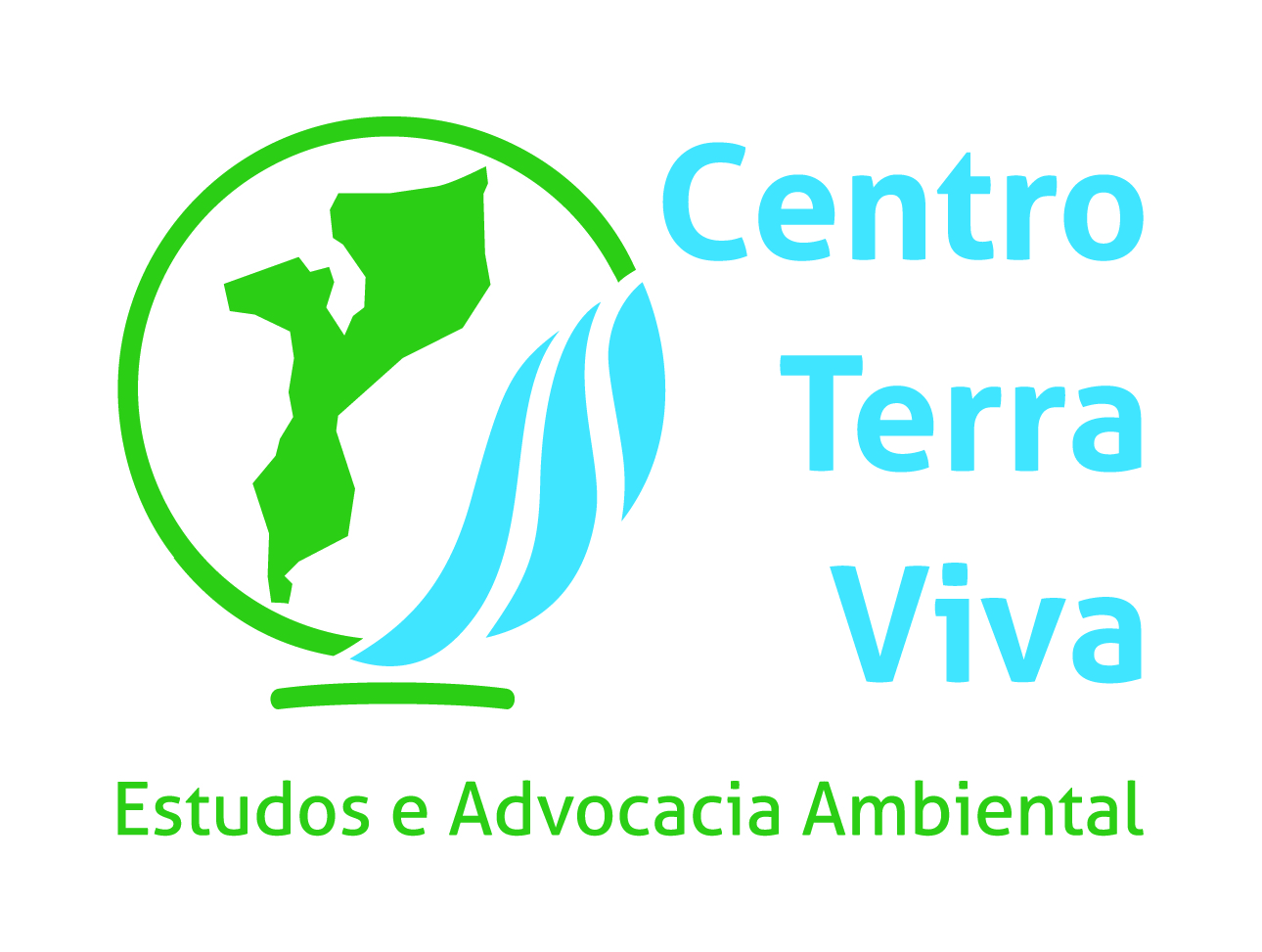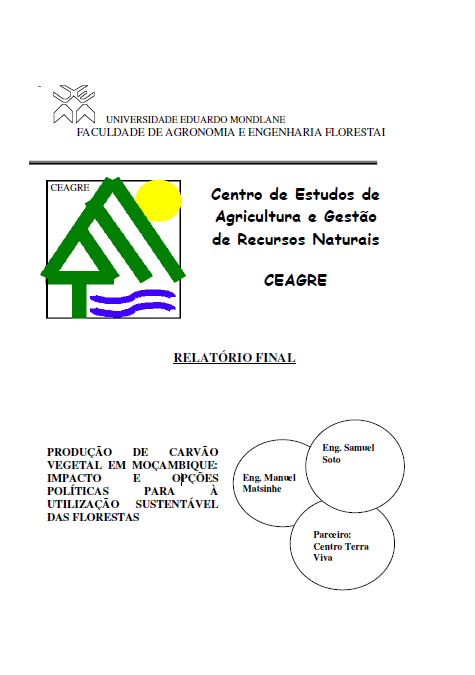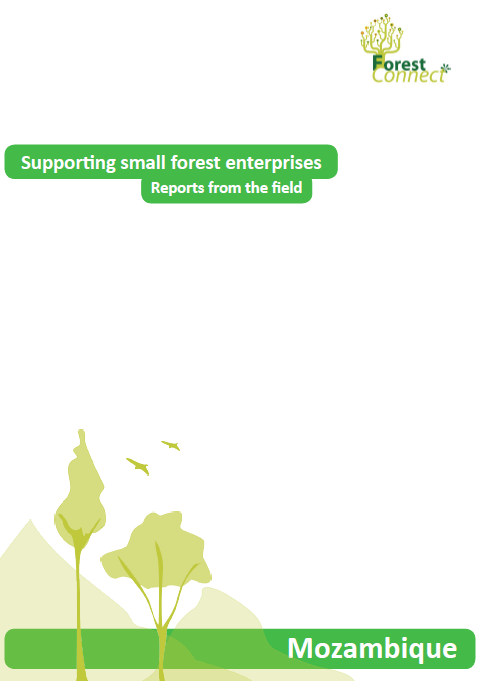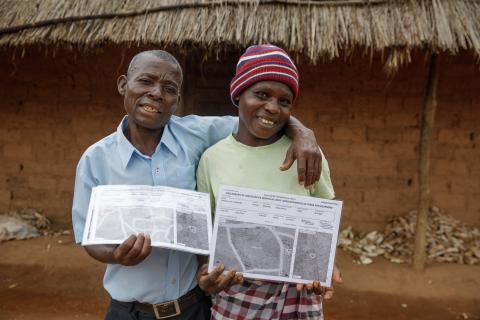Location
Missão
Uma gestão dos recursos naturais baseada em conhecimentos científicos, ambientalmente sã, economicamente viável e institucionalmente responsável.
Visão
Contribuir para uma melhor fundamentação técnico-científica das decisões ambientais, para que os apelos à participação pública na gestão ambiental, incluídos nas políticas, estratégias e na legislação ambiental nacional sejam respondidos, positivamente, por uma sociedade civil com capacidade de dar contribuições informadas e relevantes nesta área.
ÁREA DE INCIDÈNCIA
Governação Ambiental Participativa: Prioriza a implementação participativa da legislação, políticas, estratégias e programas ambientais ao nível local, assim como a capacitação dos municípios, administrações distritais, conselhos locais e comités comunitários de gestão de recursos naturais e o sector privado, em matéria de gestão ambiental;
Investigação e Monitoria Ambiental: Tem o propósito de disseminar conhecimentos, promover a defesa e o uso adequado dos ecossistemas e espécies marinhas e costeiras, através da promoção de actividades turísticas, social e ambientalmente sustentáveis, ao longo da costa;
Preservação de Ecossistemas e Biodiversidade: Aposta na implementação de políticas e estratégias nacionais para a criação de áreas de conservação, incluindo parques transfronteiriços;
Educação e Consciencialização Ambiental: Promove a divulgação de informação ambiental assim como a implementação de programas formais e informais de capacitação em gestão ambiental.
Members:
Resources
Displaying 31 - 35 of 35Produção de carvão vegetal em Moçambique: impacto e opções políticas para à utilização sustentável das florestas
A produção e comercialização do carvão, contribui para as receitas rurais, impostos para o governo, bem como oportunidade de emprego para famílias rurais, transportadores e comerciantes. Através da produção e comercialização do carvão, os produtores e comerciantes obtêm benefícios monetários imediatos.
Supporting small forest enterprises
IIED’s Forest Team engagement with Mozambique began in January 2002, with a two year policy support process to the multi-donor ProAgri programme based at the then Direcção Nacional de Florestas e Fauna Bravia (DNFFB) – later to become the Direcção Nacional de Terras e Florestas (DNTF) – the national directorate of land and forests. At that time, the main legal frameworks had only just come into being, with the 1997 Land Law, the 1999 Forestry and Wildlife Law and the 2002 forest regulations.
Small and medium forest enterprises in Mozambique
Natural forests and other types of woody vegetation cover 55.3 million hectares of
Mozambique’s total land area. Of the total forest, 67% is suitable for timber production. This represents a substantial commercial resource which forest enterprises could use to help achieve the aims of Mozambique’s Action Plan for the Reduction of Absolute Poverty (PARPA) in a country where 70% of the population lives in rural areas.
South-South REDD
The implementation of the South–South REDD process was made achievable by those who assumed leadership roles (political and technical), facilitated the meetings and the logistics on the ground (especially the consultations and training) and acted as resources people. It would be impossible to name everyone, but in particular we would like to thank the Minister of Environment, Alcinda Abreu, and Vice-Minister, Ana Chichava, who provided the leadership and often challenged the technical experts.
LAND-at-scale Mozambique Scaling community legal literacy, land rights certification and climate resilience
General
Poverty in Mozambique is concentrated in rural areas and thus associated with a high dependency on agriculture and natural resources, including land. Mozambique has a legal framework recognizing this dependency through a progressive Land Law. However, main obstacles to the proper implementation of the law include communities’ lack of formalized land tenure, limited knowledge regarding land rights, low participation in decision-making among community members, and a lack of capacity among local government officials. The situation is further hampered by a severe impacts from climate change. Project objective The main objective of the current intervention is to increase community legal awareness and strengthen security of land tenure rights, creating capacity at local level to implement and leverage the progressive provisions of the Mozambican legal framework. The programme will contribute to community preparation to intervene in an informed manner in the land sector and will also contribute to the delimitation of community and individual land-use rights based on good faith occupation and customary rights, and their integration into the formal land system. To achieve these objectives, a large-scale campaign will be rolled out, across selected districts from all three regions of the national territory, with two main and interlinked interventions, namely: - Social preparation & legal literacy - Community land rights registration and certification






